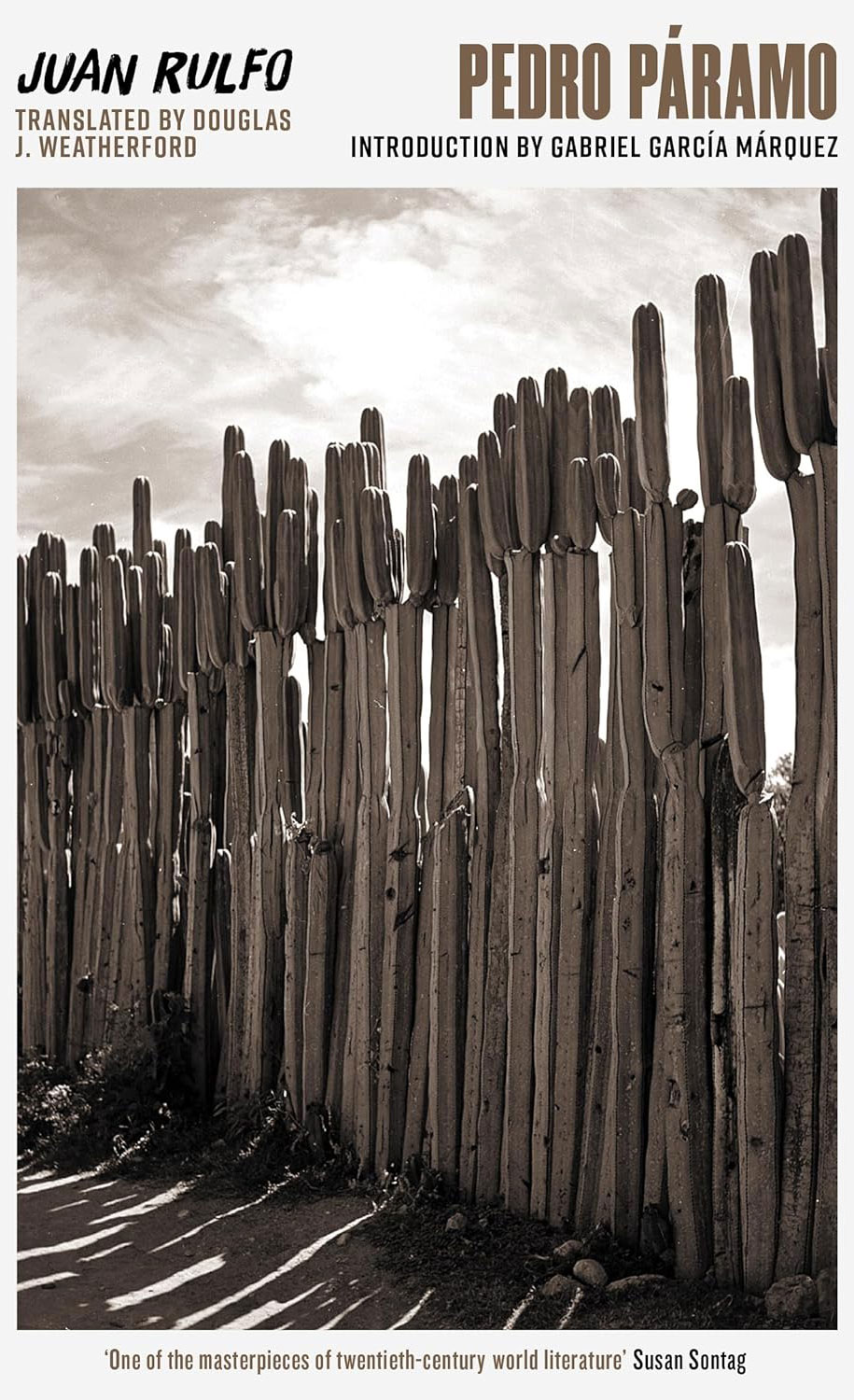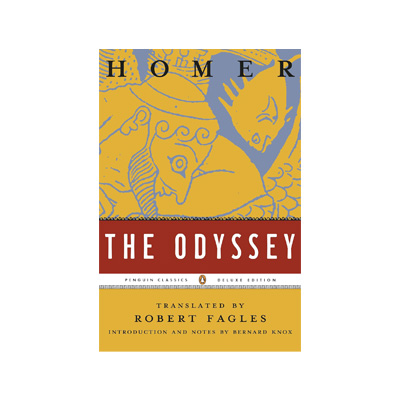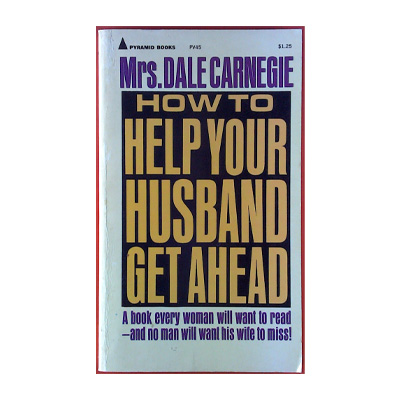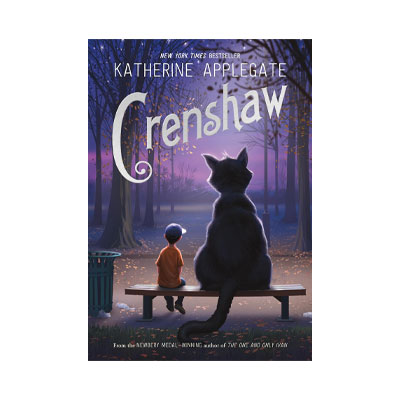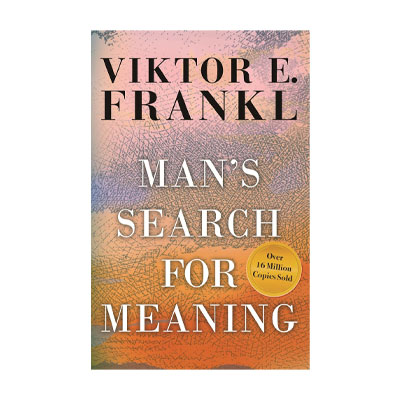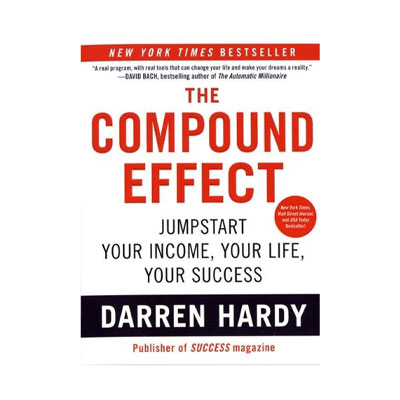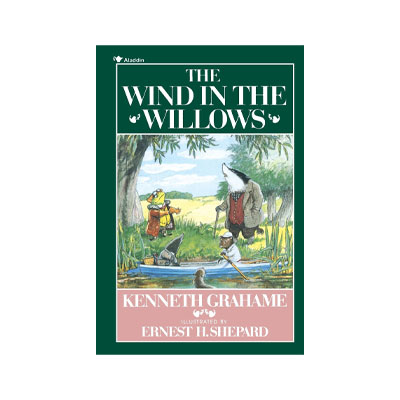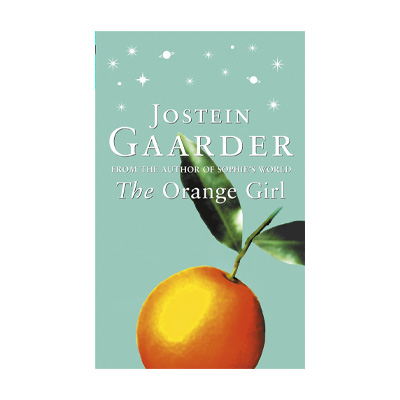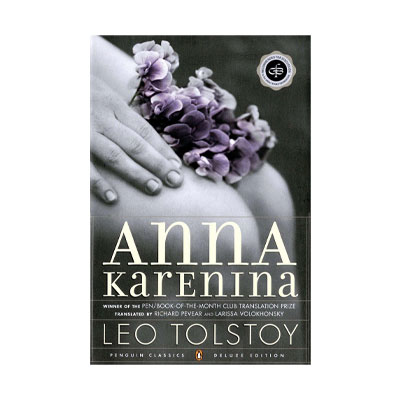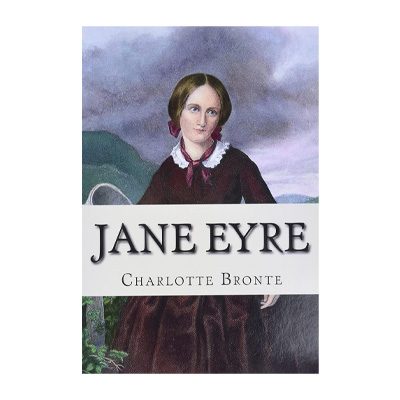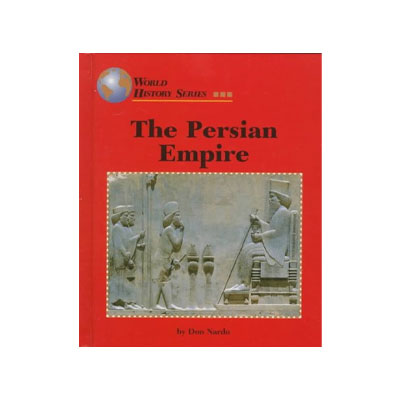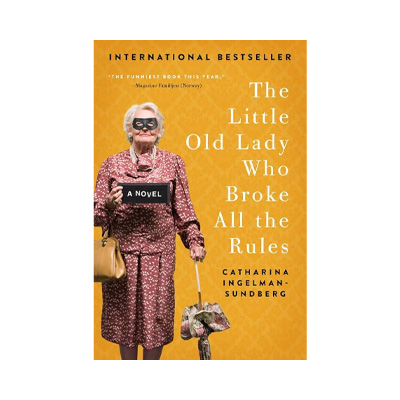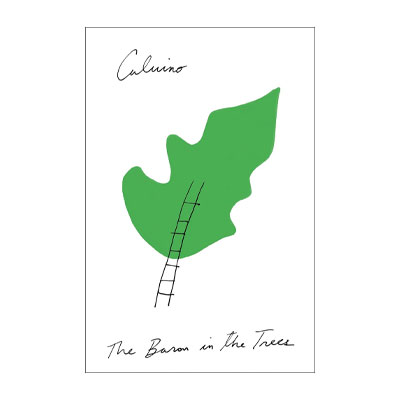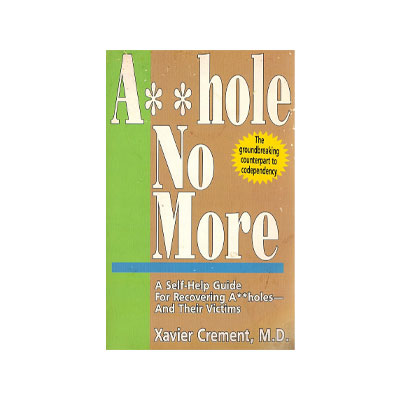Book Summary
The Mexican author Juan Rulfo created a work titled "Pedro Páramo" in 1983, for which he won the Prince of Asturias Literary Award. As noted on the back cover of the book, many consider it to be the best Mexican novel of the twentieth century and even among the best novels of the twentieth century overall. The main character of the story is Juan Preciado, who, after many years, decides to come to the village of Comala in search of his father—a village where the boundary between the living and the dead is not clearly defined.
The voices of spirits resonate at various moments in the village, creating images that lead the reader, alongside the lines and pages of the novel, to envision the devastation present in this place, gradually arriving at the author's intended purpose. Preciado promised his mother on her deathbed that he would find his father, and in fulfilling this vow, he encounters characters who sometimes exhibit melancholic behaviors.
Juan Rulfo thus makes his audience more aware of Comala and its people, who are all trapped in a burning hell and hope that death will guide them to a paradise they believe awaits them. The story of the book, while recounting a strange adventure, also alludes to events occurring in Mexico and Latin American countries at the time of its publication, albeit indirectly. A common thread between the living and the dead in Comala is their belief in sin and its punishment, as well as their fear of what might befall them as a result of their actions, leading to a kind of torment.
In many parts of his book, Rulfo allows characters to speak for themselves and reveal truths to the audience, making it beautifully possible for readers to follow clues and reach the main goal of the story. The innovative style that the author employs to depict the shadow of death and the mental struggles of humans creates a valuable work that captivates readers, perhaps prompting them to return multiple times to piece together various fragments of the narrative puzzle with greater focus and fully grasp the beautiful conclusion of the novel.
About the Author
Juan Nepomuceno Carlos Pérez Rulfo Vizcaíno was born on May 16, 1917, in Apulco, Mexico. This Mexican writer and photographer published only two works during his artistic and literary career: *El Llano en llamas* (The Burning Plain) and "Pedro Páramo". Among the awards Rulfo received were the Mexican Literature Prize and the Cervantes Prize. However, his activities during his lifetime were not limited to writing; being a skilled photographer as well, in 2002, Carlos Fuentes published a book titled "Mexico: Juan Rulfo", which includes 175 photographs by Juan Rulfo and is considered his only published collection of photographs. Rulfo lost his parents during childhood and faced difficult circumstances; after years of effort and activity, he passed away on January 7, 1986, in Mexico City.
Who Should Read the Book?
The primary audience for Pedro Páramo consists of those interested in works written in the magical realism genre, especially since this book offers a simpler language and expression compared to works like One Hundred Years of Solitude.
Book Quotes
I had imagined that settlement based on my mother's memories, shaped by her longings interwoven with those deep sighs of regret. While she was alive, she sighed for Comala, yearning to return there. But she could never go back. Now I come in her place. I bring with me the eyes with which she gazed upon Comala. She entrusted her eyes to me so that I could watch in her stead.
A little before the last shadow of night disappeared, Pedro Páramo was sitting alone on an old chair by the main door of Media Luna. He had been there alone for perhaps three hours. Sleep did not come to him. He continued his inner dialogue: "It's been a long time since you left, Susana. The light was just like it is now, though not quite so red. But it was the same dim and dreary light, wrapped in the white shroud of mist that covered everything, just like now. It was this moment. I was sitting right here, by the door. I was watching the dawn, and as you left, I followed the path of the sky with my gaze, from the point where it began to brighten and open up. You were moving away from there, blending into the shadows of the earth, appearing colorless and more colorless.
What a robust man he was! How tall! His voice was rough and dry, dry as the driest land in the world. His face was blurred. Or did it fade later? It was as if the rain had put distance between him and the woman. What had he said? Florencio? Which Florencio was he talking about? My Florencio? Oh! Why didn't I cry out? Why did I withhold my tears and not let my sorrow pour out? Oh Lord, you do not exist! I entrusted him to you for safekeeping. That was all I asked of you. But you only cared about people's souls. What I want from him is his body, hot from love and burning with desire. I want him to hold my light body with his strong arms and then let go. What should I do now with my aching lips?
After Father Rentería poured cold water over my hands and told me it was impossible for me to be granted access to paradise, I no longer paid him any mind. He said that even from afar, my eyes would not fall upon paradise... It was because of my sins; but he shouldn't have said such a thing to me. Life is already unbearable enough as it is. The only thing that gives a person the strength to move is hope that when they die, they will go to a better place. But when one door is shut in your face and the only door left open leads to hell, what can you find comfort in? One thinks to themselves how they wish they had never been born… Juan Preciado, for me, paradise is right here where I am now.
The depth of silence that had erupted into a scream could not be measured. It was as if the earth had been emptied of air. No sound could be heard—not even the sound of my breathing or my heart beating. When that moment passed and my condition gradually settled down, the scream rose again and continued for a while: "Let me kick! I'm kicking too; let me kick!"
They say when someone dies in Comala, when their feet reach hell, they go back to fetch their blanket.
Some believe that those who die guilty are condemned to wander on earth forever.
I could see the toucan flocks through the roof's gap. They always fly toward their nests at sunset, just before darkness falls, and a few patches of clouds shredded by the wind that comes to take away the day. Then Venus appeared, followed by the moon.
There were no men or women. They left through the courtyard door and did not return until night fell. Thus, during the time they were outside, they did not realize what had happened. A woman stepped into the room from the street. She was old and extremely thin. She entered and looked around the room. Perhaps she saw me. Perhaps she thought I was asleep. She went straight to the bed and pulled out a box from underneath it and rummaged through it. She tucked a few sheets under her arm and tiptoed out; as if afraid I might wake up.
I held my breath and tried not to look, remaining completely still. Finally, I turned my head and looked at Venus shining next to the moon.
